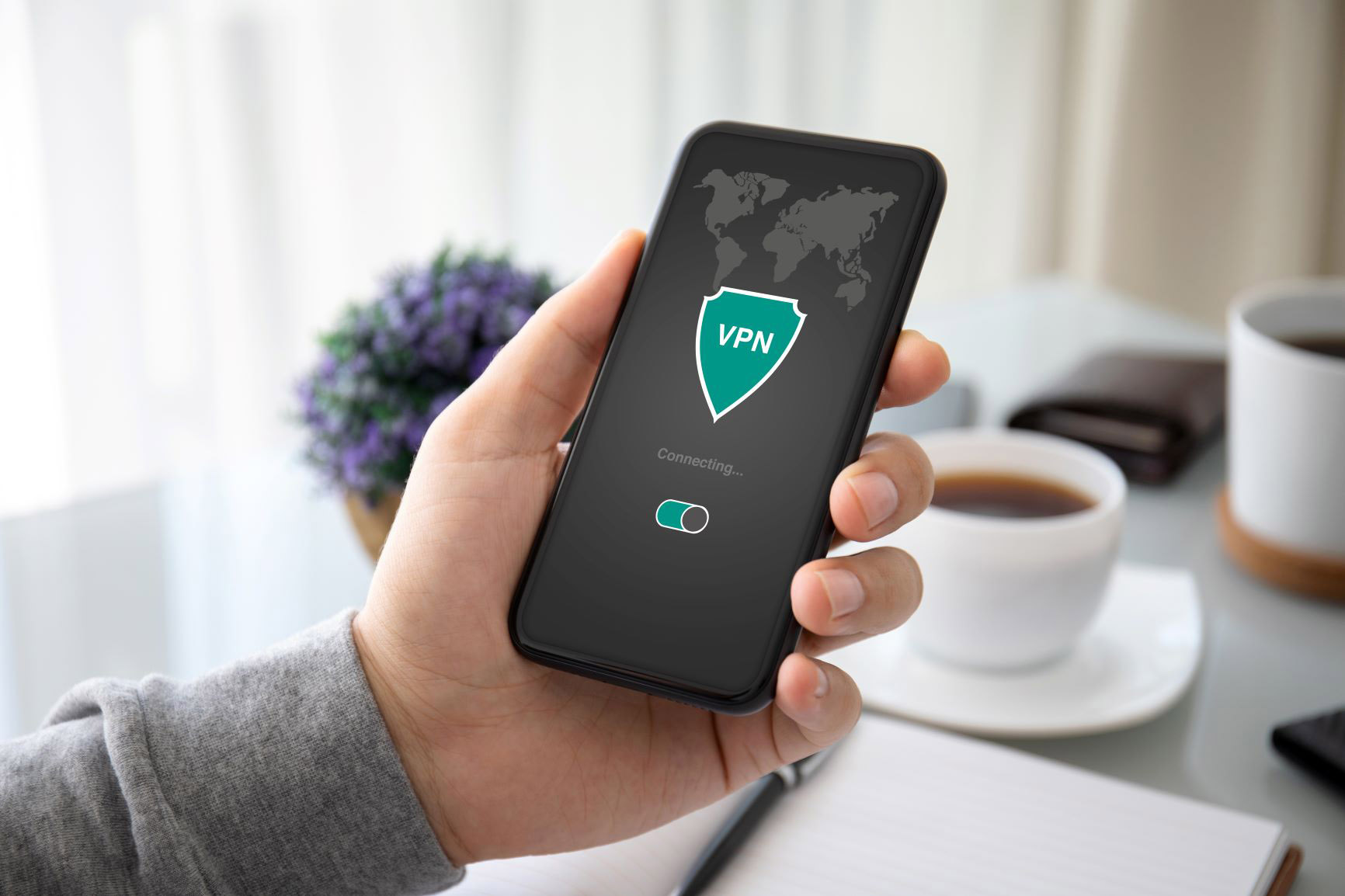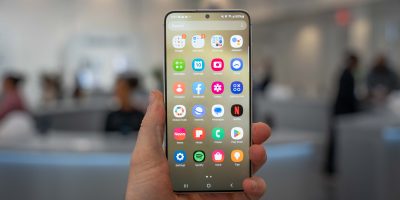The internet is a vast place to explore different interests and purposes. As a web user, you should know how to make the most out of your internet usage without compromising your security and privacy online. This can be accomplished through the responsible use of Virtual Private Networks (VPNs).
What Is A VPN and How Does It Work?
A virtual private network, also known as VPN, is a method of connecting to a server over a public network without actually connecting to a physical server. A virtual private network connects to a VPN server through a secure encrypted VPN tunnel that routes all internet traffic through an anonymous server.
VPNs allow users to access the internet from anywhere in the world since the connection is encrypted and not susceptible to any form of network surveillance. A VPN connection acts like a virtual dedicated IP address that allows users to use a single IP address rather than a unique one for every computer on the network. This method of routing internet traffic through an encrypted tunnel ensures that no information is exposed to outside sources. Hiding your internet protocol (IP) address makes it difficult to trace your usage or identify your computer’s location.
The process of connecting to a VPN server over a public network is easy. The server itself acts as a gateway between the internet and your computer. Once you have entered the secure network, your web browser will automatically connect to the VPN server. From there, you can access the internet from anywhere you want. As long as you have internet access, you can surf the web and access websites of your choice, except platforms involving online banking services such as e-commerce sites.
Why would you want to know what a VPN is? There are several reasons why someone would need to connect to a VPN server including the need for internet censorship. Perhaps, you’re trying to access a website with firewalls or other types of restrictions. You might also be using a business site with a restricted environment or you simply want to browse the internet anonymously to avoid being spied on.
Whatever the reason is, having substantial knowledge about VPNs is essential to your online safety and security. With so many web servers offering different levels of security and encryption, knowing what type of security you’re using and whether it’s adequate is of paramount importance.
How Can You Obtain A VPN?

VPNs come with many features and it can be overwhelming to choose one that will work well on your web surfing needs. Many new VPN users confuse VPN as a network or as a service, and it’s important to draw a fine line between them for a smooth experience. A VPN network is the private connection itself, while VPN services are offered by VPN providers that contain not just the network service, but also other services involved in the VPN technology.
Moreover, VPNs can be separated into three categories: remote access VPNs, intranet-based site-to-site VPNs, and extranet-based site-to-site VPNs. Remote-access VPNs are typically used by individual users while businesses make use of site-to-site VPNs.
Before downloading and installing any VPN service, you should first understand the three main ways on how you can obtain a VPN:
- Free VPN Services
As the name implies, free VPN services can be integrated into your device without any payment. You should manage your expectations when signing up for a free VPN. Typically, these free VPN services also have paid plans to access upgraded features. A good example is ProtonVPN. It’s an has with a free plan but you could also upgrade. Learn more about that here: https://invpn.com/review/protonvpn/.
- Paid VPN Services
On the other hand, paid VPN services definitely have enhanced security and navigation compared to free plans. Many VPN providers offer free services in your first month and it would be best to try it out consistently to see your money’s worth. One of the best-paid VPN services is the ExpressVPN with utmost reliability. You can read the ExpressVPN review here: https://invpn.com/review/expressvpn/.
- DIY VPN Services
For tech-savvy individuals, setting up your own VPN is fun and advantageous if you’re able to do it successfully. Creating your VPN doesn’t only save you money from paid VPN services, but also achieve more control and features that free VPN services don’t have.
Is One VPN Enough?
As a rule of thumb, you might probably be told that you can’t use more than one VPN as using multiple VPNs can cause them to clash. However, this isn’t true in all cases, particularly if you know how to use them simultaneously. First, it’s crucial to look at potential scenarios in which you’ll need multiple VPNs, as well as determine the advantages of using more than one.
For instance, your phone already has a VPN which is your transmission channel in connecting to host-based systems. With a good VPN-embedded device, you’ll have the following notable features of a VPN:
- Integrated kill switch
- Abundant server locations
- Router support
- Anonymous Domain Name System (DNS) servers
- Offer support across numerous devices
Then, suppose that you want to integrate another VPN possibly due to curiosity, or your company has offered you another VPN resource. Once you install and activate this second VPN, you’ll more likely be unable to connect via the same VPN tunnel because of one reason: the VPN software can only support one connection independently.
Integrating another network interface might only interfere with your first VPN connection, then result in a routing error. Also, it can be more of a headache because of compatibility issues and other bugs but it can work if you’ll be able to find the best VPNs that can be compatible with one another.
Now, would it work if you decide to use different VPNs on your devices all at once? The answer is yes but it requires a great deal of technical knowledge and expertise to tamper with the technical nature of VPNs. If you have enough technology know-hows, chaining your VPN connections on your phone would be possible.
How Will Two VPNs Work Simultaneously?
As you’re not restricted in using only one VPN, you should know how to work with two or more VPNs. Usually, users who exceed in using two VPNs experience technical conflicts, but it’s actually possible to do so, as long as you’re doing it right.
In order to do this properly, you’ll have to set up the first VPN on your device’s original operating system (OS) and the second VPN on a virtual machine software. Technically, you’ve created two tunnels where the IP address is first linked into the computer then through the virtual machine.
However, partnering two VPNS can alter your speed upon adding additional tunnels which is something to keep in mind if you prioritize internet speed while using the internet.
A double VPN connection setup is illustrated as: your phone > VPN server 1 > VPN server 2 > Internet.
Furthermore, you can also integrate the same concept when connecting to VPN routers. First, you’ll need to use different DNS servers and create as many OpenVPN client setups as you want. Also, make sure that the setup is configured to follow the Accept DNS Configuration=Exclusive found in the settings.
How Will Two VPNs Work Simultaneously?
Aside from setting up a double VPN connection, you can also work with multiple VPN connections known as VPN chaining, multihop VPN, or VPN cascading. Essentially, the traffic created by the VPN hops through multiple services, thus called multihop VPN. Instead of passing your traffic through only two VPN servers, you can have it in three or more VPNs.
Technically, your VPN chaining setup will look like this: your phone > VPN server 1 > VPN server 2 > …. > VPN server n > Internet.
VPN chaining may or may not work depending on various factors, your chosen VPN services being one. If you’re planning to make a VPN chaining setup, it would be best to contact your VPN provider.
Benefits Of Using Different VPNs
- Increased Level of Encryption and Anonymity
The best advantage that you can get from incorporating multiple VPNs into your phone is the enhanced level of encryption. Through setting up a VPN chain where the traffic hops through multiple VPN servers before reaching the internet, your online data and traffic are encrypted to how many VPN connections you have.
How does it work? Basically, VPN server 1 will encrypt your data, and when it’s passed to VPN server 2, it will not recognize that it’s from your computer since it’s already encrypted by VPN server 1, plus it will add another encryption level, and the list goes on.
However, do take note that your multi-hop encryption may be costly since you’re using multiple VPN services with paid plans. If your system is in need of multiple VPN services and you can afford the prices, you can consider VPN chaining.
- Reduces Possibility of Having A Traffic Correlation Attack
Also, double to multihop VPN connections lessen your exposure to traffic correlation attacks, wherein a correlation occurs between the server’s incoming and outgoing traffic. A traffic correlation attack can put you at great risk by removing your anonymity. While they’re quite difficult to resolve, take note that a traffic correlation attack is extremely rare to occur if you’re already an active VPN user.
Takeaways
As threats to online security are more rampant today, it’s important for both individuals and organizations to prioritize their safety and privacy. Because of this, VPNs are an excellent staple to your daily internet use. If you want to spice up your VPN usage and further improve your security and anonymity in accessing different sites, then you should explore double VPN connections and VPN chaining, and enjoy the benefits that they offer.










Comments